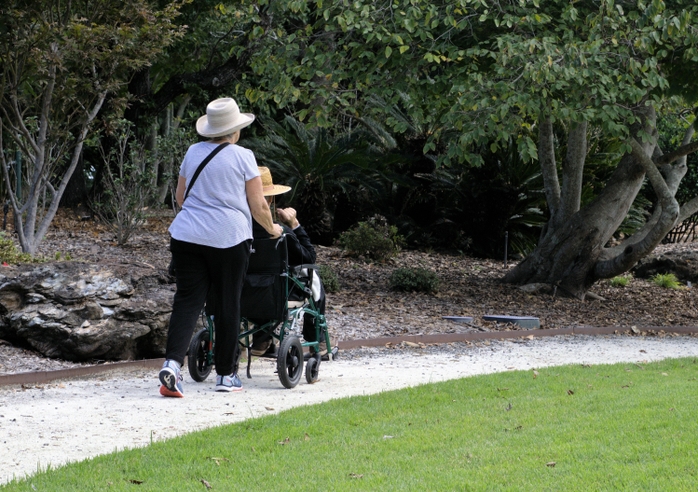Introduction
The National Disability Insurance Scheme (NDIS) is a vital support system for individuals with disabilities in Australia, providing funding for necessary services and assistance. One common question that arises is whether a family member can be employed as a paid carer under the NDIS. In this article, we will explore the guidelines and considerations surrounding this issue, shedding light on the possibilities and limitations.
Understanding NDIS Support Categories
Before delving into the specifics of family members as paid carers, it’s crucial to understand the different support categories offered by the NDIS. The NDIS provides support across various domains, including daily living, employment, social participation, and health and well-being. Each category has specific funding allowances and guidelines, impacting the eligibility of family members as paid carers.

Family Member as an Unpaid Carer
Initially, many families provide care and support to their loved ones without financial compensation. The role of an unpaid carer is significant, encompassing various tasks such as personal care, household assistance, and emotional support. However, as the care needs evolve, some families may consider transitioning to a paid carer arrangement to ensure sustainable and professional support.
NDIS Guidelines on Family Members as Paid Carers
The NDIS acknowledges the importance of choice and control for individuals with disabilities. While the scheme promotes the involvement of family members in the care process, it has specific guidelines concerning family members becoming paid carers. It’s essential to adhere to these guidelines to ensure compliance with NDIS regulations.
1. Definition of Family Members
The NDIS defines family members as parents, siblings, spouses, and children. In some cases, close friends may also be considered family members. The relationship is a crucial factor in determining eligibility as a paid carer.
2. Informal and Formal Supports
The NDIS recognizes both informal and formal support networks. Informal support involves assistance from family and friends, while formal support includes paid services from professionals. The scheme encourages a balance between the two, emphasizing the need for professional expertise in certain situations.
3. Potential Conflicts of Interest
One of the primary concerns when considering a family member as a paid carer is the potential for conflicts of interest. The NDIS aims to prevent situations where the carer’s personal relationship may compromise the quality of care provided. It’s crucial to assess and address any conflicts of interest to ensure the well-being of the individual with a disability.
Steps to Engage a Family Member as a Paid Carer
While there are considerations and guidelines, engaging a family member as a paid carer under the NDIS is possible with careful planning and adherence to regulations. Here are steps to navigate this process:
1. Assess Eligibility
Determine the eligibility of the family member based on the NDIS guidelines. Ensure that the relationship falls within the defined categories and that there are no conflicts of interest that could compromise the quality of care.

2. Develop a Care Plan
Work with NDIS planners and professionals to develop a comprehensive care plan outlining the specific needs and requirements of the individual with a disability. This plan will serve as a roadmap for the family member as a paid carer.
3. Seek Professional Advice
Consult with NDIS professionals, support coordinators, and disability service providers to obtain advice on navigating the process. Professionals can provide insights into potential challenges and help ensure compliance with NDIS regulations.
4. Establish Clear Agreements
Once eligibility is confirmed, establish clear agreements regarding roles, responsibilities, and remuneration. Clearly define the scope of care, hours of service, and any other relevant terms to avoid misunderstandings in the future. https://ndiscommunitysupport.com.au/ndis-home-care-supports/
Conclusion
Engaging a family member as a paid carer under the NDIS involves careful consideration of guidelines, potential conflicts of interest, and adherence to regulations. While the scheme encourages family involvement, it also prioritizes the well-being of individuals with disabilities. By following the steps outlined and seeking professional advice, families can navigate the process and ensure that their loved ones receive the necessary care and support.
Remember that each situation is unique, and it’s advisable to consult with NDIS professionals to address specific concerns and ensure compliance with the latest regulations.




